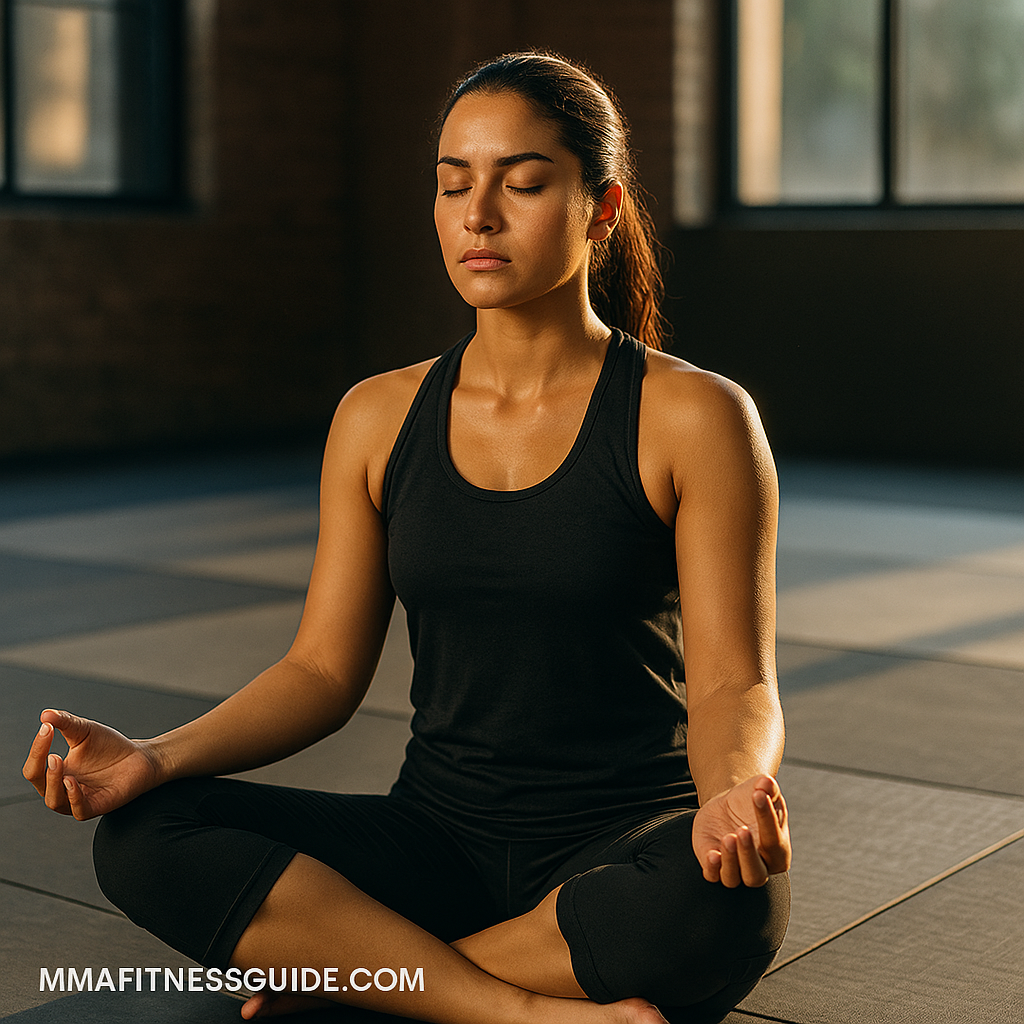
The Mental Battle Beyond the Mat
When most people think of martial arts, they picture punches, kicks, and takedowns. But ask any seasoned fighter, and they’ll tell you that the hardest battles happen in the mind.
Training in martial arts builds not only strength and skill but also emotional fitness — the ability to manage stress, control impulses, and stay composed under pressure.
In an age where mental health is as important as physical health, martial arts can be a powerful form of emotional training.
What Is Emotional Fitness?
Emotional fitness is your capacity to handle life’s ups and downs with resilience, balance, and clarity. It includes:
- Self-control under stress
- Emotional awareness and empathy
- Confidence and inner calm
- The ability to recover from setbacks
In other words, it’s the inner strength that keeps you grounded — the same strength martial artists develop through years of disciplined practice.
1. Discipline Builds Stability
Martial arts training is built on routine and repetition. Whether drilling combinations or practicing grappling escapes, you learn to stay consistent even when you don’t feel motivated.
That structure develops mental stability — a sense of control over your actions, thoughts, and emotions.
Fighters who stick to a training schedule find they’re more focused and less reactive in everyday life.
As Bruce Lee once said, “The successful warrior is the average man, with laser-like focus.”
2. Managing Stress Through Physical Expression
Training releases tension like nothing else. When you hit pads, grapple, or move through technique flows, your body releases endorphins — natural stress relievers that calm the nervous system.
Martial arts also teach breathing control, an underrated stress-management skill.
From jiu-jitsu rolls to Muay Thai clinches, breathing is what keeps fighters composed under pressure.
The result: better control of both heart rate and emotions, even in high-intensity situations outside the gym.
3. Confidence and Self-Worth
There’s a deep emotional shift that happens when you learn how to defend yourself.
You move through fear and uncertainty and come out stronger on the other side.
Every class builds small wins — mastering a technique, lasting a round, earning respect. These victories compound into genuine self-confidence, not arrogance.
That confidence carries into daily life: interviews, relationships, leadership — anywhere composure and courage are needed.
4. Humility and Emotional Control
Martial arts humble you quickly.
No matter how strong or fast you think you are, there’s always someone better.
This teaches emotional regulation — how to stay calm when you lose, stay grounded when you win, and keep learning no matter what.
The ability to manage ego and frustration makes you emotionally resilient, not just inside the cage but in every aspect of life.
5. Mindfulness in Motion
In sparring or grappling, you can’t afford to think about yesterday or tomorrow — you’re fully in the moment.
That awareness is mindfulness in action, training the same mental focus cultivated in meditation.
Many fighters describe martial arts as “moving meditation.”
You tune into your body, your breathing, and your opponent’s rhythm — a powerful way to quiet the mind while building sharper awareness.
6. Community and Support
Gyms and dojos are more than training spaces — they’re support systems.
The bonds formed through sweat and struggle create a sense of belonging that supports emotional health.
You learn teamwork, respect, and empathy. You celebrate wins together and lift each other after losses — emotional fitness at its best.
7. The Fighter’s Mindset in Everyday Life
The mental principles that guide martial artists translate directly into emotional resilience:
- Focus on the present. Don’t dwell on past mistakes.
- Control what you can. Let go of what you can’t.
- Stay calm in chaos. Pressure reveals character.
- Keep learning. Growth never stops.
These lessons don’t end on the mats — they shape how you handle everything from work stress to personal relationships.
Key Takeaways
- Martial arts build more than muscle — they build mental resilience.
- Discipline and routine create emotional stability.
- Mindfulness and breath control reduce stress and anxiety.
- Confidence grows through progress, not perfection.
- Community and humility strengthen emotional well-being.
Martial arts teach you to balance strength with softness — to fight when you must, and to stay calm when you can.
As Renzo Gracie once said, “Martial arts is not about fighting; it’s about building character.”
